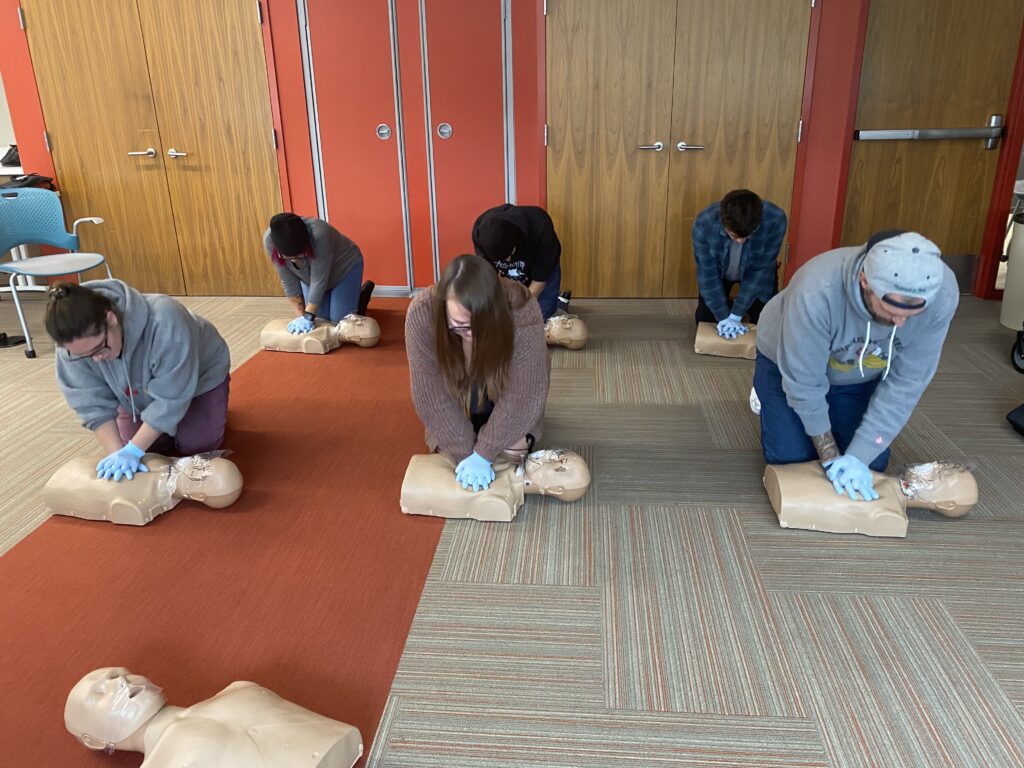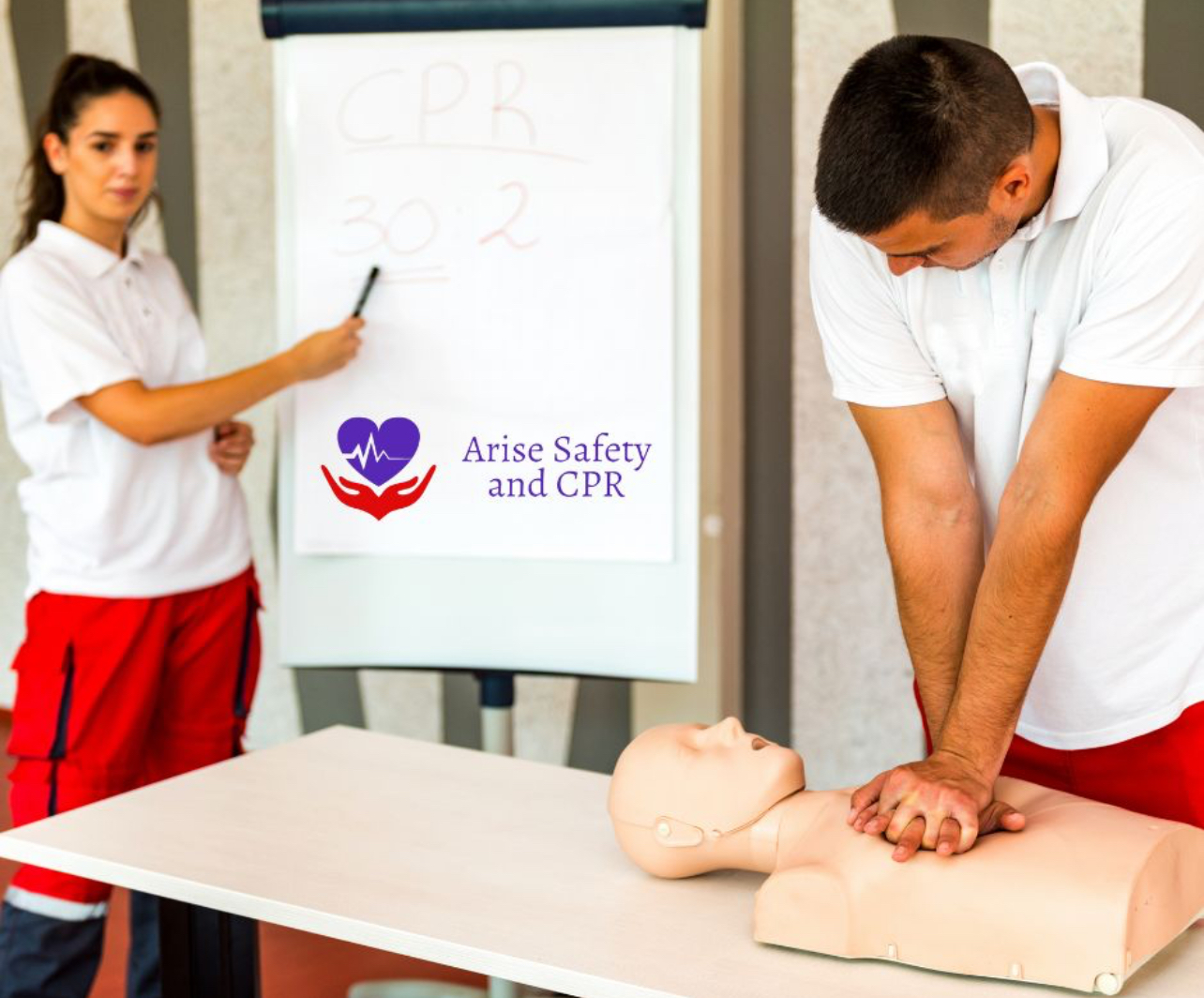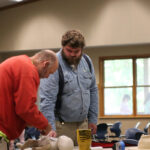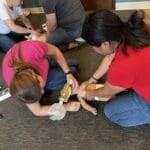
Empowerment Through CPR and First Aid Training
Indeed, you read that correctly. Learning CPR and First Aid empowers individuals to act confidently in emergency situations.
Imagine this: someone suddenly collapses or stops breathing. In such critical moments, the ability to perform CPR can make an immense difference. Trained individuals react promptly. They know how to quickly check for responsiveness, call emergency services, and initiate CPR. This action potentially bridges the gap between the onset of a medical emergency and the arrival of professional help.
Without training, individuals might feel unsure or hesitant about performing CPR. Fear of causing harm or uncertainty about the correct techniques often holds people back. Training reduces this hesitation. It encourages individuals to act decisively. CPR training instills confidence. It provides a structured approach, empowering people to assess the situation, call for help, and perform the necessary steps to support someone in distress.
In many cases of cardiac arrest, bystanders become the first responders. By starting CPR immediately, even before professional help arrives, trained individuals maintain blood circulation and oxygenation. This action significantly increases the chances of survival. Studies show that bystander CPR can double or even triple a person’s chances of survival. Being trained in CPR equips individuals to be that critical link in the chain of survival.
When more people are trained in CPR, communities become safer. Schools, workplaces, and neighborhoods with CPR-trained individuals are better prepared to respond to emergencies.
In essence, CPR training empowers individuals. It transforms witnesses into active responders, significantly impacting survival and recovery chances for those in distress.
At Arise Safety and CPR, we aim to empower you—the bystander, the family member, the coworker, the parent—to have the confidence and knowledge to respond in emergencies. Join us today to learn these essential skills!





